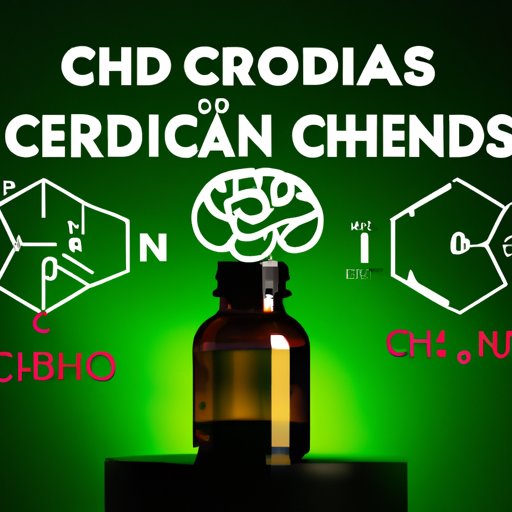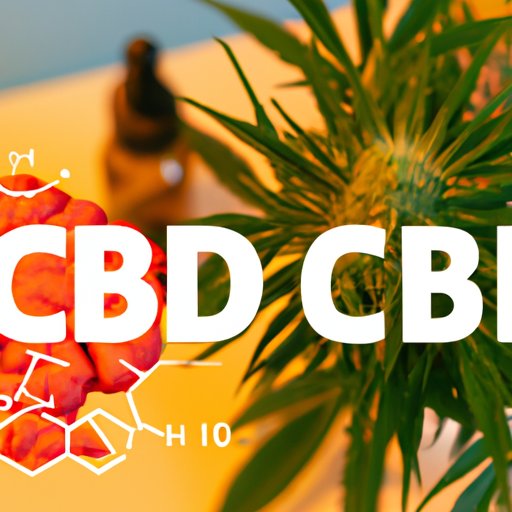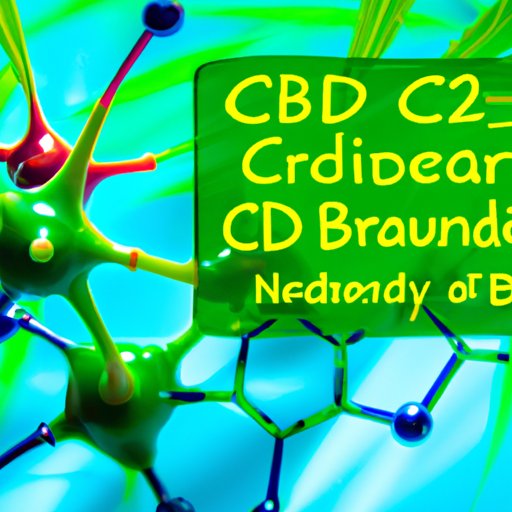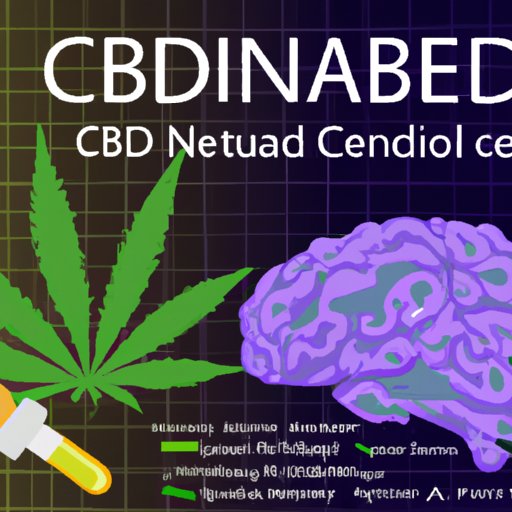What Does CBD Do to The Brain?
Cannabidiol, commonly known as CBD, has become an increasingly popular topic of conversation in recent years. With its potential to treat a variety of physical and mental health conditions, this naturally occurring compound found in the cannabis plant has caught the attention of researchers and medical professionals alike.
However, while CBD’s impact on the human body has been widely studied, its effects on the brain remain somewhat of a mystery. In this article, we’ll take a deep dive into the science behind CBD and its ability to influence brain function.
Unlocking the Mystery: How CBD Affects the Brain
To understand how CBD affects the brain, it’s important to first understand the endocannabinoid system (ECS). This system is comprised of naturally occurring cannabinoids and receptors that are responsible for regulating a variety of physiological processes, including stress management, immune function, and sleep cycles, among others.
Like other cannabinoids, CBD interacts with the ECS by activating receptors throughout the body. Unlike THC, which binds directly to receptors in the brain causing the “high” associated with marijuana, CBD works through indirect mechanisms, which don’t produce the same psychoactive effects.
So, what exactly does CBD do when it interacts with the endocannabinoid system in the brain? The answer isn’t entirely clear, but researchers have identified several potential mechanisms that may play a role in CBD’s impact on brain function and overall mental health.

The Science Behind CBD: Understanding Its Impact on Brain Function
One of the most significant ways in which CBD affects the brain is by regulating neurotransmitter function. Neurotransmitters are chemical messengers that play a critical role in the regulation of mood, behavior, and cognitive processes such as memory and learning.
Research has shown that CBD may influence the release of both serotonin and dopamine, two neurotransmitters commonly associated with feelings of happiness and wellbeing. By keeping these levels in balance, CBD may help to mitigate symptoms of anxiety and depression, and promote overall mental health.
While the effects of CBD on neurotransmitter function are promising, it’s worth noting that the research is still in its early stages. Some early studies suggest that CBD may actually inhibit the uptake of certain neurotransmitters, leading to potential downsides such as reduced motivation and impaired cognitive function.
Exploring the Benefits of CBD on the Brain: An In-Depth Analysis
Despite these potential downsides, research has identified several potential benefits of CBD on the brain and overall mental health. For example, several studies have shown that CBD may help to reduce symptoms of anxiety and depression in both humans and animals.
Additionally, CBD has been shown to have neuroprotective properties, meaning that it may help to protect the brain from damage and promote overall brain health. This could be especially promising for individuals with conditions such as Alzheimer’s disease, Parkinson’s disease, and traumatic brain injury, as research suggests that CBD may help to slow the progression of these conditions and lessen the severity of associated symptoms.
From Anxiety to Alzheimer’s: CBD’s Influence on Different Areas of the Brain
Research has also focused on understanding how CBD affects different regions of the brain related to various mental health conditions. For example, research has shown that CBD may help to reduce activity in the amygdala, a region of the brain associated with fear and anxiety.
CBD has also been shown to increase activity in the prefrontal cortex, which is responsible for regulating decision-making, impulse control, and social behavior. This could be especially promising for individuals with conditions such as ADHD or addiction, as research suggests that these conditions may be characterized by abnormalities in prefrontal cortex function.

Breaking Down the Science of CBD and Its Effects on Brain Chemistry
One of the most significant impacts of CBD on the brain is its ability to change brain chemistry and neurotransmitter function. Specifically, CBD has been shown to modulate the activity of GABA, a neurotransmitter that plays a critical role in regulating anxiety and stress responses.
Additionally, studies have found that CBD may help to increase the levels of anandamide, a naturally occurring cannabinoid that promotes feelings of wellbeing and happiness. By increasing anandamide levels, CBD may promote overall mental health and wellbeing.

The Role of CBD in Promoting Neuroplasticity and Brain Health
Finally, research has identified CBD’s potential to promote neuroplasticity, or the brain’s ability to adapt and reorganize itself in response to new experiences. This could be especially promising for individuals with conditions such as stroke or traumatic brain injury, as research suggests that CBD may help to promote functional recovery in these individuals.
Conclusion
Overall, CBD is a complex compound with a variety of potential effects on the brain and overall mental health. While research is still in its early stages, the current evidence suggests that CBD may have significant benefits for individuals with conditions such as anxiety, depression, and neurodegenerative diseases.
As research continues to advance, it’s possible that we will discover even more ways in which CBD can positively impact the brain and overall mental health. If you’re interested in learning more about the potential benefits of CBD, it’s always a good idea to consult with a medical professional who can help you determine whether CBD is a good option for you.
